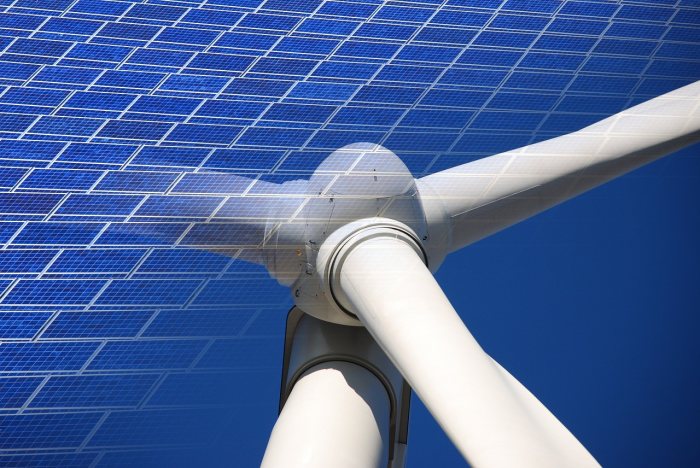
Image: seagul
Renewable energy’s share of electricity generation in Germany for the first half of this year exceeded that of brown and black coal combined for the first time.
We reported recently Germany’s renewables fleet cranked out more than 100 billion kilowatt hours (100,000 gigawatt hours) of electricity during the first half of this year according to E.ON.
New figures from Bundesverband der Energie- und Wasserwirtschaft (BDEW), Germany’s largest energy industry association, indicate renewables contributed almost 118 billion kilowatt hours to gross electricity generation in the country – an increase of more than 10 percent compared to the same period last year.
For brown and black coal, electricity generation declined significantly to around 114 billion kWh, compared to 127 billion kilowatt-hours in the first half of last year. Gas was also lower at less than 40 billion kWh in the first half of 2018 compared to 44 billion kWh in the first half of 2017. Nuclear energy contributed around 37 billion kWh, up on last year.
Here’s how gross electricity production in Germany in the first half of 2018 stacked up according to initial estimates from BDEW:
- Renewables: 36%
- Nuclear power: 11.3%
- Lignite (brown coal) : 22.5%
- Hard coal: 12.6%
- Natural gas: 12.3%
- Other: 5.0%
The breakdown for renewables was:
- Hydropower: 3.3%
- Onshore wind power: 14.7%
- Offshore wind power: 2.9%
- Solar power: 7.3%
- Biogas: 7.1%
- Waste to energy: 0.9%
According to Fraunhofer ISE’s Energy Charts site, just shy of 44GW of solar power capacity is installed in the country.
BDEW says the results show a market-driven, gradual phase-out of coal-fired power generation is well under way in Germany.
“Renewables are on the rise,” said BDEW’s Stefan Kapferer (translated). ” What is more urgent than ever, however, is an acceleration of grid expansion in order to integrate renewables into the energy system.”
CleanEnergyWire says Germany’s Energiewende (energy transition) hinges on “ unblocking the power grid” – and that is meeting with some resistance from legal challenges to planning permission from initiatives led by citizens and environmental groups.
The 36% renewables result during the first half of 2018 means Germany has exceeded a previous 2020 target. A new target of 65% set early this year is achievable according to a report on RenewEconomy yesterday, but it appears the journey won’t be a smooth or easy one. However, neither was the path to this point and some believed the 35% by 2020 was also impossible.

 RSS - Posts
RSS - Posts



Speak Your Mind